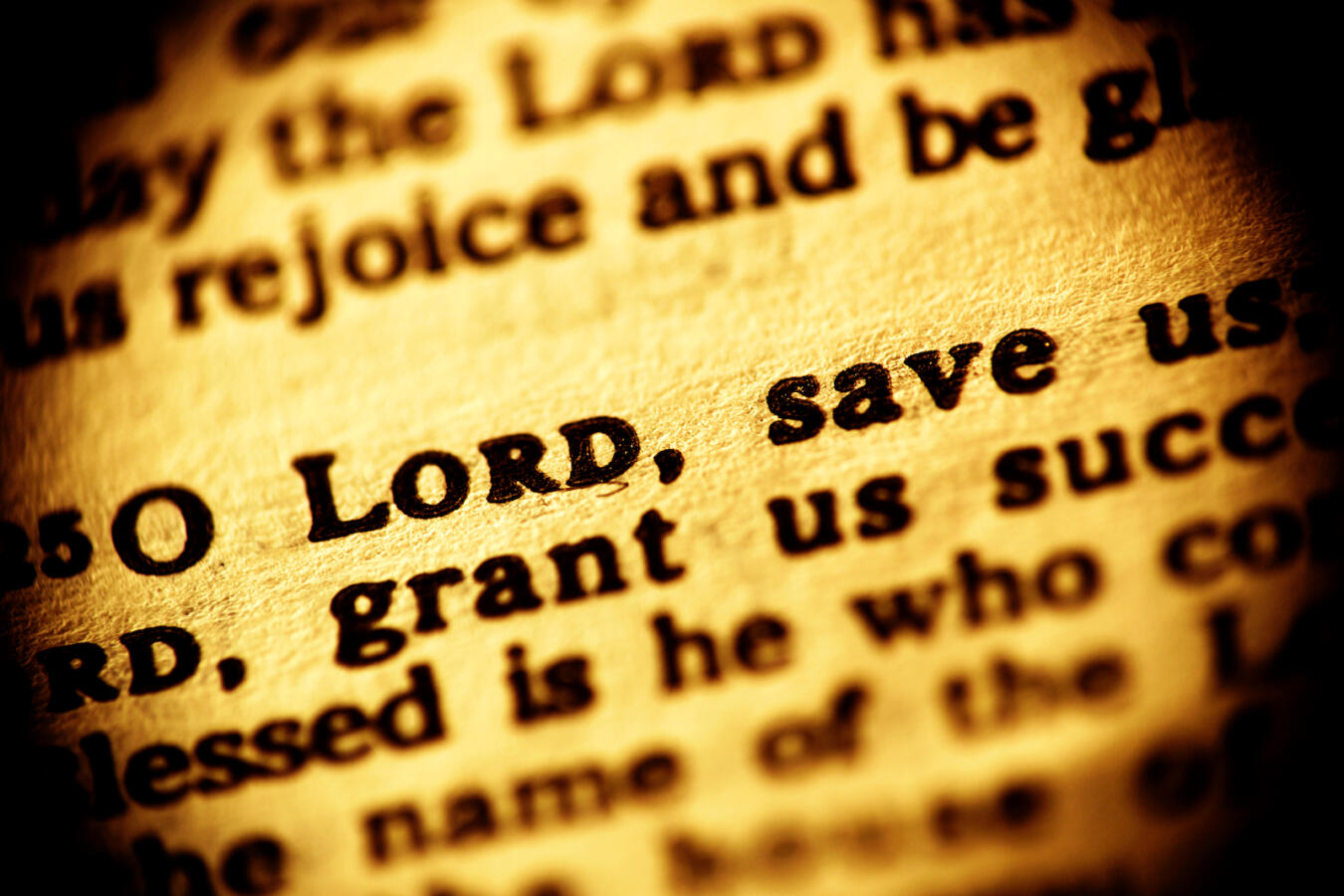On Saturday morning, most of the congregants who gathered in my synagogue in Charlottesville, Virginia, had already learned of the horrors unfolding in Israel. How few details we had at that point. I suspect I may not have been the only one clinging, as one does, to a desperate hope that we were in a collective dream from which we would all soon be awakened.
Rabbi Tom Gutherz was leading the morning services. He was the rabbi who had held our community together during and after the 2017 Unite the Right rally, when white supremacists carrying Nazi and Confederate flags chanted “Jewish will not replace us” as they streamed past the synagogue. Rabbi Tom once lived at Kibbutz Gezer in Israel. His daughter lives in Israel now. So we knew his heart was especially filled with concern, especially for those who were still not accounted for. His voice and his facial expression conveyed both distress and perplexity as he announced that, because it was not just Shabbat but the holiday of Shemini Atzeret/Simchat Torah, the six psalms of Hallel would be recited.
On any other holiday, this is a joyous and celebratory segment of the liturgy. The psalms are set to upbeat sing-along tunes which invoke festivity, lavish praise on God and express gratitude for miraculous triumphs. Rabbi Tom suggested that we mostly recite the psalms, and those we did sing we would do so in a somber and reflective mode. He also encouraged us to allow any words or themes that had special resonance for us that morning to arise in our minds.
This was surely going to be an exercise in aggravated cognitive dissonance, I thought. After a lifetime of reciting Hallel, I was sure its words could provide neither consolation nor strength, neither hope nor courage. And if we were honest about our feelings at that particular moment, it would only be with irony that we could proclaim: “Praise the Eternal, for God is good! God’s love endures forever. Let Israel declare, ‘God’s love endures forever.’”

Help us keep Jewish knowledge accessible to millions of people around the world.
Your donation to My Jewish Learning fuels endless journeys of Jewish discovery. With your help, My Jewish Learning can continue to provide nonstop opportunities for learning, connection and growth.
And then I looked down at the words. Really looked at them. Or perhaps I did exactly what my rabbi suggested and allowed them to arise within me. And I realized, phrase by phrase, that while I understood exactly what the words meant, I had never really noticed what they were saying. After so many years of bouncily singing them, doing my part to contribute to the festive mood, these words had lost their meaning.
This is an experience many of us have had when a challenging experience leads us to see our sacred texts in a way that makes them seem as if they had been written just for us, just for our deepest needs on this particular day. And that’s what happened to me last Shabbat, as Hallel seemed to have been written not just for us in Charlottesville, but for all of Israel, for the whole world.
Jumping out was this verse, my companion for all matters, from small to enormous, that worry me: Min ha-meitzar karati Yah. “In my distress I called out to you Yah/God. You answered me and brought me relief.” And this one, which panged at my heart: “Grievous in the sight of God is the death of God’s faithful.”
This past Shabbat was not the first time that the celebratory words of Hallel felt inconsistent with the mood of the moment. In recent days, as I have searched for prayers I could recite alone, I discovered a liturgy inspired by Hallel written specifically for a different moment of distress, one created to help navigate a complexity of emotions and reactions. It was created before Passover during the pandemic, when Hallel would be sung over Zoom or at socially distanced seders. The composer was the American-Israeli liturgist Alden Solovey, who was inspired to create a full alternative Hallel for a moment when it seemed impossible to recite joyful prayers with a full heart. Initially titled “Hallel in a Minor Key,” Solovy retitled it “Hallel In Peril” this past summer, when so many Israelis were gathering in weekly demonstrations to protest judicial reforms.
How readily Solovy’s Hallel speaks to this time, expressing our distress and our yearning to hang on to hope. I offer an excerpt here:
Praise God from the heights of rejoicing
Praise God from the depths of despair.
Praise God from the places between…
We sing praises in a minor key,
The key of heartbreak,
With tropes of lamentation,
But still praises,
For beauty has not been lost
And hope has not been defeated,
And love still shines,
A beacon of tomorrow.
(Alden Solovy 2021)
This article initially appeared in My Jewish Learning’s Shabbat newsletter Recharge on Oct. 14, 2023. To sign up to receive Recharge each week in your inbox, click here.



